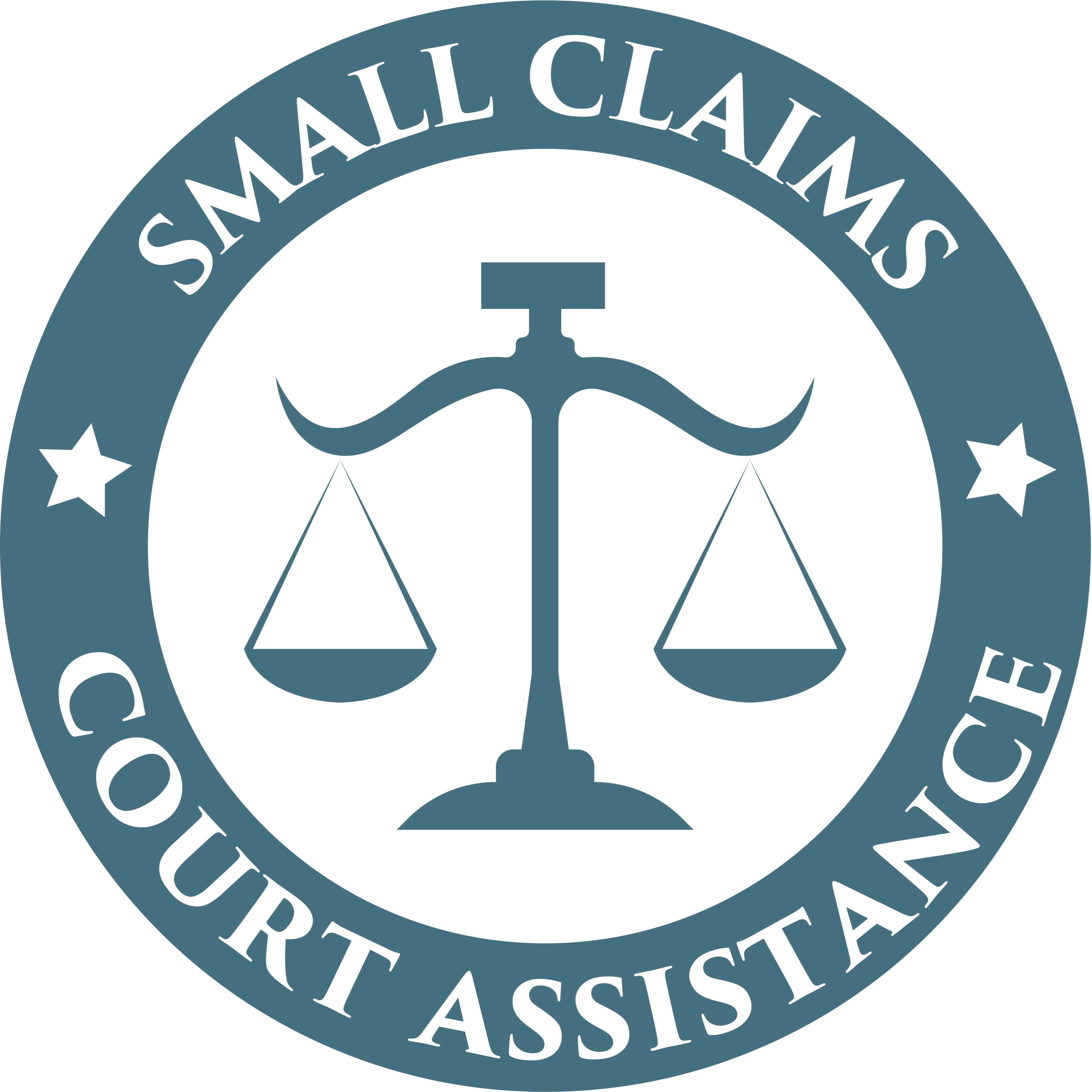Small claims court serves as a relatively quick and inexpensive venue for resolving minor disputes. However, what happens if you find the court’s decision unjust or flawed? While the small claims system is designed for finality, an appeals process does exist for those who genuinely feel that an error was made. This article delves into the intricacies of appealing a small claims judgment, the procedures to follow, and alternatives you may not have considered.
Understanding Your Right to Appeal
Firstly, it’s important to note that the right to appeal a small claims judgment varies depending on the jurisdiction. Generally, the losing party has the right to appeal the judgment within a set period, often 30 days. Appealing the decision means that the case will be reviewed by a higher court, which can either affirm, reverse, or modify the lower court’s decision.
Grounds for Appeal
Contrary to popular belief, an appeal is not a redo of the original trial. Instead, it’s a process for the higher court to review the legal soundness of the original court’s decision. Grounds for appeal may include:
- Procedural Errors: Such as incorrect rulings on the admissibility of evidence.
- Legal Errors: Wrong interpretation of laws or regulations.
- Factual Errors: Demonstrably incorrect findings based on the evidence presented.
The Appeals Process
File a Notice of Appeal
The first step in the appeals process is to file a “Notice of Appeal” with the small claims court. This should be done as quickly as possible within the deadline provided by your jurisdiction.
Paying Appeal Fees
Upon filing, you’ll usually need to pay an appeal fee, which may be substantial. Some jurisdictions may waive this fee for individuals who cannot afford it.
Record Preparation
The next step involves preparing the trial record for review, which typically includes all original pleadings, evidence, and transcripts.
Oral Arguments
Most appeal processes allow for oral arguments. This is the opportunity to present your case before the appellate judges.
Decision
After a thorough review, the appellate court will issue its decision. Depending on the findings, the original judgment can be upheld, reversed, or modified.
Alternatives to Appeals: Third-Party Debt Recovery Services
Before diving headfirst into an appeals process, consider the resources you’ll expend, both in terms of time and money. One often-overlooked alternative is the use of third-party debt recovery services like DCI (Debt Collectors International). These services specialize in debt recovery through negotiation, thus eliminating the need for legal action in many cases. Here are some compelling reasons to consider DCI:
- Cost-Efficiency: Court appeals can be costly; DCI operates on a ‘No Recovery, No Fee’ basis.
- Expertise: DCI has years of expertise and a high success rate in debt recovery.
- Time-Saving: The appeals process can be lengthy; DCI aims for quick resolutions.
- Global Network: International disputes? DCI’s global reach can help.
- Transparency: DCI offers complete transparency with regular updates.
- Legal Support: If legal action is unavoidable, DCI can provide expert guidance.
- Industry-Specific Experience: Particularly in areas like construction supplies and services.
- Tailored Solutions: DCI offers solutions customized to your specific situation.
- Client-Focused: Your success is DCI’s priority.
- Legal Compliance: All activities comply with national and international laws.
Conclusion
Appealing a small claims court judgment is an option, but it’s not always the best one. The process is complex, time-consuming, and there’s no guarantee of a favorable outcome. Before you take the step to appeal, it’s worth considering alternative solutions like third-party debt recovery services. DCI offers an efficient and cost-effective method for resolving financial disputes, with the added benefit of a specialized focus on industries like construction supplies and services.

Comments are closed